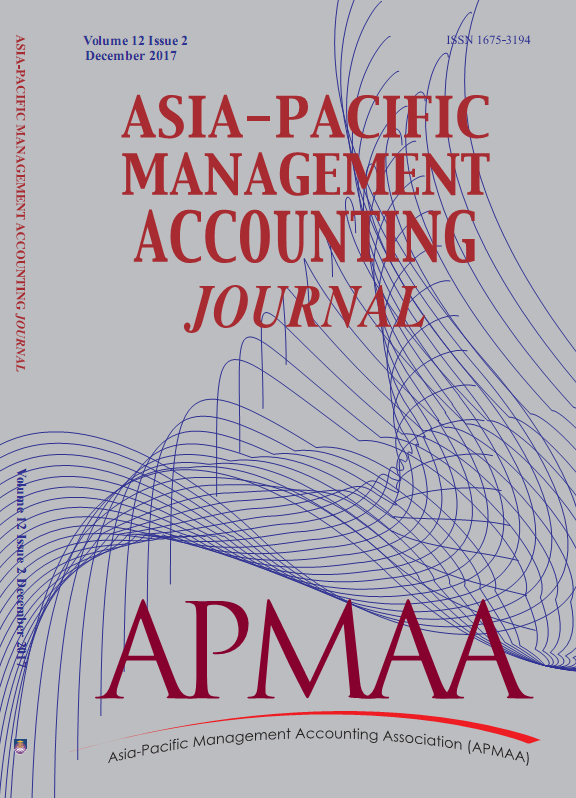Volume 18 Issue 3, December 2023
ARTICLE INFO
Article History:
Received: 22 October 2023
Accepted: 10 November 2023
Published: 01 December 2023
FACTORS AFFECTING THE IMPLEMENTATION OF ZAKAT ACCOUNTING IN INDONESIA
Khusnul Hidayah1, Dalila Daud2* and Rintan Nuzul Ainy1
1Department of Accounting, Universitas Ahmad Dahlan (UAD), Indonesia
2Accounting Research Institute, Universiti Teknologi MARA, Malaysia
Muslims in Indonesia constitute the majority, almost 87.2 percent of the total population, with a large zakat potential reaching 24.5 billion USD. However, only 5% of the potential zakat funds are currently being directed through zakat institutions. There exists a notable discrepancy between the prospective and actualization of the collection of zakat funds. Despite the growth of zakat institutions from national to sub-district, there remains a limited number of zakat institutions that follow zakat accounting regulations. This study examines whether human resources, commitment, and supporting devices affect the implementation of zakat accounting based on the Statement of Financial Accounting Standards (PSAK) 109. A purposive sampling survey-based questionnaire was used to collect data from 40 amil of 15 national zakat institutions in Central Java and Yogyakarta. The data were analyzed using multiple linear regression models. The results show that human resources have a good influence on the implementation of PSAK 109 zakat accounting, but commitment and supporting devices have little effect. This study proposes amil expertise in accounting and works to support technology such as accounting software for PSAK 109-compliant zakat establishments' financial management tasks.
Keywords: Zakat Accounting, PSAK 109, Amil, Zakat Institutions


